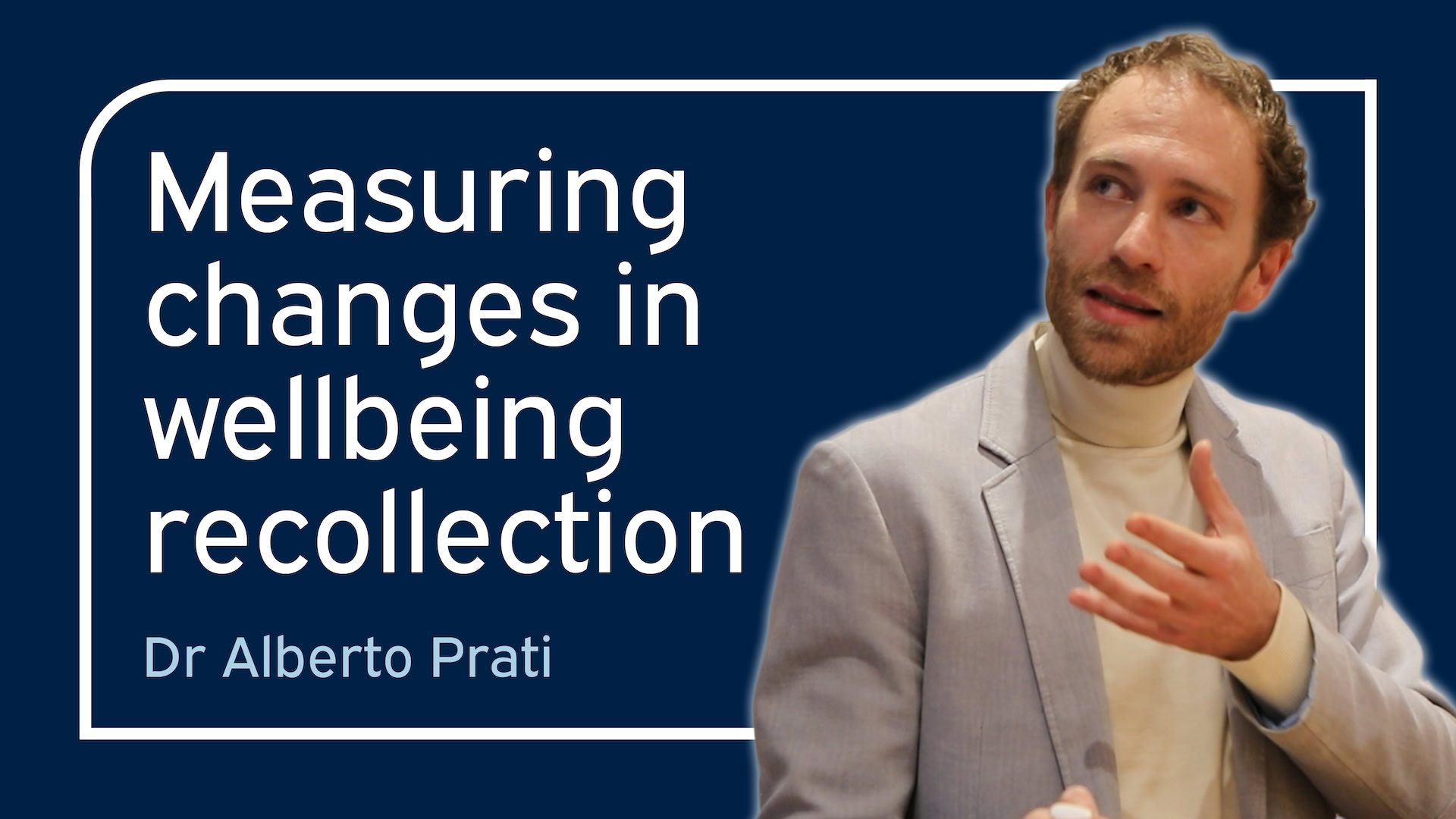Belief in the kindness of others is much more closely tied to happiness than previously thought, according to findings published today (20 March) in World Happiness Report 2025.
Global evidence on the perceived and actual return of lost wallets shows that people are much too pessimistic about the kindness of their communities compared to reality. Actual rates of wallet return are around twice as high as people expect.
Believing that others are willing to return your lost wallet is also shown to be a strong predictor of population happiness: Nordic nations once again top the ranking of the world’s happiest countries, but they also rank among the top places for expected and actual return of lost wallets.
The findings are published today to mark the UN’s International Day of Happiness. They are powered by Gallup World Poll data and other sources, including the Lloyd’s Register Foundation World Risk Poll, and analysed by leading experts in wellbeing science.
Further results published in this 13th edition of the World Happiness Report, focused on the theme of “caring and sharing”, include:
- Sharing meals with others is strongly linked with wellbeing across all global regions, but the number of people dining alone in the United States has increased 53% over the past two decades.
- Household size is closely linked to happiness. Four to five people living together enjoy the highest levels of happiness in Mexico and Europe, but many people in Europe are living on their own.
- In 2023, 19% of young adults across the world reported having no one they could count on for social support. This is a 39% increase compared to 2006.
- Deaths of despair are less frequent in countries where benevolent acts are more frequent.
- Declining happiness and social trust in the US and parts of Europe combine to explain the rise and direction of political polarisation and anti-system votes.
- The cost-effectiveness of charities varies dramatically. Some charities are hundreds of times better at increasing happiness per dollar than others.
World Happiness Report 2025 also contains a ranking of the world’s happiest countries. Finland leads the world in happiness for the eighth year in a row, with Finns reporting an average score of 7.736 (out of 10) when asked to evaluate their lives.
Costa Rica (6th) and Mexico (10th) both enter the top 10 for the first time, while continued upward trends for countries such as Lithuania (16th), Slovenia (19th) and Czechia (20th) underline the convergence of happiness levels between Eastern, Central and Western Europe.
The United States (24th) falls to its lowest-ever position, with the United Kingdom (23rd) reporting its lowest average life evaluation since the 2017 report.
Country rankings are based on a three-year average of each population’s average assessment of their quality of life. Interdisciplinary experts from economics, psychology, sociology and beyond then seek to explain the variations across countries and over time using factors such as GDP per capita, healthy life expectancy, having someone to count on, a sense of freedom, generosity and perceptions of corruption.
These factors help to explain the differences across nations, while the rankings themselves are based solely on the answers people give when asked to rate their own lives.
Lara B. Aknin, professor of social psychology at Simon Fraser University, and an editor of the World Happiness Report, said: “Human happiness is driven by our relationships with others. Investing in positive social connections and engaging in benevolent actions are both matched by greater happiness.”
John F. Helliwell, an economist at the University of British Columbia, a founding editor of the World Happiness Report, and a long-time lost wallet researcher, said: “The wallet data are so convincing because they confirm that people are much happier living where they think people care about each other. The wallet dropping experiments confirm the reality of these perceptions, even if they are everywhere too pessimistic.”
Jon Clifton, CEO of Gallup, said: “Happiness isn’t just about wealth or growth — it’s about trust, connection and knowing people have your back. This year’s report proves we underestimate how kind the world really is. If we want stronger communities and economies, we must invest in what truly matters: each other.”
Jan-Emmanuel De Neve, director of Oxford’s Wellbeing Research Centre, professor of economics at the University of Oxford, and an editor of the World Happiness Report, said: “This year’s report pushes us to look beyond traditional determinants like health and wealth. It turns out that sharing meals and trusting others are even stronger predictors of wellbeing than expected. In this era of social isolation and political polarisation we need to find ways to bring people around the table again — doing so is critical for our individual and collective wellbeing.”
Jeffrey D. Sachs, President of the UN Sustainable Development Solutions Network, Director of the Center for Sustainable Development at Columbia University and a founding editor of the World Happiness Report, said: “The findings in this year’s World Happiness Report reconfirm a fundamental truth: happiness is rooted in trust, kindness, and social connection. It is up to us as virtuous individuals and citizens to translate this vital truth into positive action, thereby fostering peace, civility, and wellbeing in communities worldwide.”
The World Happiness Report is published by the Wellbeing Research Centre at the University of Oxford, in partnership with Gallup, the UN Sustainable Development Solutions Network and an independent editorial board.
The editorial board consists of John F. Helliwell (University of British Columbia), Richard Layard (London School of Economics and Political Science), Jeffrey D. Sachs (Columbia University), Jan-Emmanuel De Neve (University of Oxford), Lara B. Aknin (Simon Fraser University), and Shun Wang (Xi’an Jiaotong-Liverpool University).
Read the report in full at worldhappiness.report.

